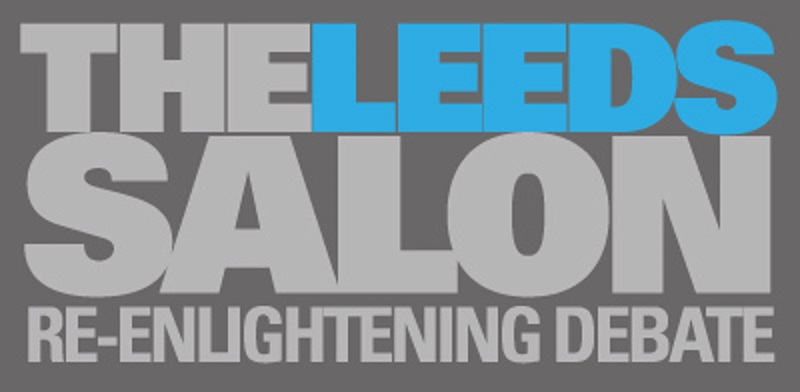A satellite event for the Battle of Ideas 2012 festival of debate
Every year we see an increase in the number of pupils achieving top grades in GCSEs and A-levels. And every year this sparks a row about standards in education. While some argue that improving results show pupils are getting smarter and working harder, others raise questions about the quality of examinations and school curricula. Many educationalists and commentators argue we have seen a long and steady dumbing-down in educational standards, in which traditional subjects have lost rigour, to be replaced by modular courses with multiple re-sits or by vocational qualifications; while exam boards have been accused of being complicit in competing to offer easier courses, and schools in shopping round for exams that will improve their league table results.
To tackle what he sees as this ‘culture of competitive dumbing-down’, education secretary Michael Gove plans to replace GCSEs in England from 2014 with a ‘tougher’ O-level style system alongside a simpler exam for less academic teenagers, like the old CSE. This has provoked charges of ‘elitism’ and re-creating a ‘two-tier’ education system in which poorer students will be fobbed-off with a second class education. Others argue this shows ignorance of the current exam system within which those deemed less capable are already directed down the path of lower level GCSEs and NVQs. In addition, many private schools already opt for the International GCE (comparable to the old O-level), while increasing numbers of state schools and sixth-form colleges are turning to a baccalaureate system, also favoured by Gove, as a ‘stable’ and ‘safer alternative’ to grade inflation with A-levels.
So, would the return to ‘O’ levels create a two-tier and elitist system in education that confines many to the scrapheap? Or is it a step in the right direction to improving academic standards for all? What purpose do exams serve anyway? Are they the best way to assess pupils’ abilities, and an important part of what education should be about? Or do they discriminate unfairly against less academic pupils?


